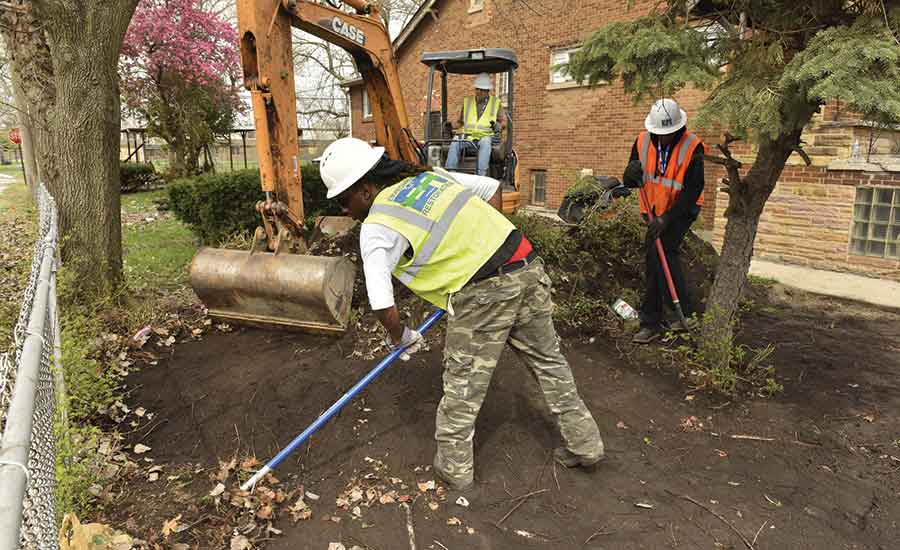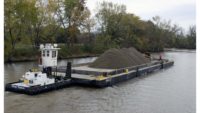An effort to put Superfund cleanup work in what Environmental Protection Agency Administrator Scott Pruitt says is the program’s “rightful place at the center of [EPA’s] core mission,” could help speed the approval process necessary to clean up the nation’s 1,300 most critical hazardous waste sites.
In a major shift, Pruitt announced on May 9 that he will be directly responsible for approving plans at Superfund sites where cleanup costs are estimated at $50 million or more. That authority had been delegated to an assistant administrator, a position that is unfilled. The change in authority was effective immediately.
“I am making it a priority to ensure contaminated sites get cleaned up,” Pruitt said in a statement. “We will be more hands-on to ensure proper oversight and attention to the Superfund program at the highest levels of the agency, and to create consistency across states.”
As part of the process, regional offices will have to involve the administrator’s office earlier than before in determining the best remedy. EPA says Pruitt’s involvement will help revitalize contaminated sites faster.
Greg Meyer, director of Fluor Federal Services, which has contracts to clean up Superfund sites in Paducah, Ky., and the Savannah River Site in Aiken, S.C., said Pruitt’s decision was a welcome surprise.
“It’s nice to see that cleaning up Superfunds is a high priority,” Meyer says. “His statement is encouraging.” Meyer agrees that Pruitt’s announcement could help speed approvals for work. Although Fluor’s contract is with the Energy Dept., its Superfund work still needs EPA approval. It is also important that Pruitt and the EPA emphasize the efficient use of money to remediate a site, Meyer says.
Pruitt’s involvement could reduce the likelihood of remedies exceeding $1 billion, such as those at Lower Passaic River in New Jersey and Portland Harbor in Oregon, Steven M. Jawetz, an attorney with the environmental law firm Beveridge and Diamond, said in a note to clients.
But Jawetz noted that Pruitt’s involvement might cause conflict and confusion with state and tribal agencies and regional offices that also are involved with cleanups.
“Whether the new delegations will accelerate the Superfund process at mega-sites in practice is uncertain,” Jawetz wrote. Additional staff may be needed at the federal level to review and advise Pruitt.
“Substantive involvement by the administrator in remedies proposed throughout the country may prove to be a bottleneck, particularly at the end of the fiscal year when many remedy decisions have typically been made,” Jawetz said.
Besides maneuvering through the existing process for Superfund sites, Pruitt also faces a skeptical White House, which in its 2018 budget outline proposed cutting $330 million of Superfund’s $1.1-billion budget.




